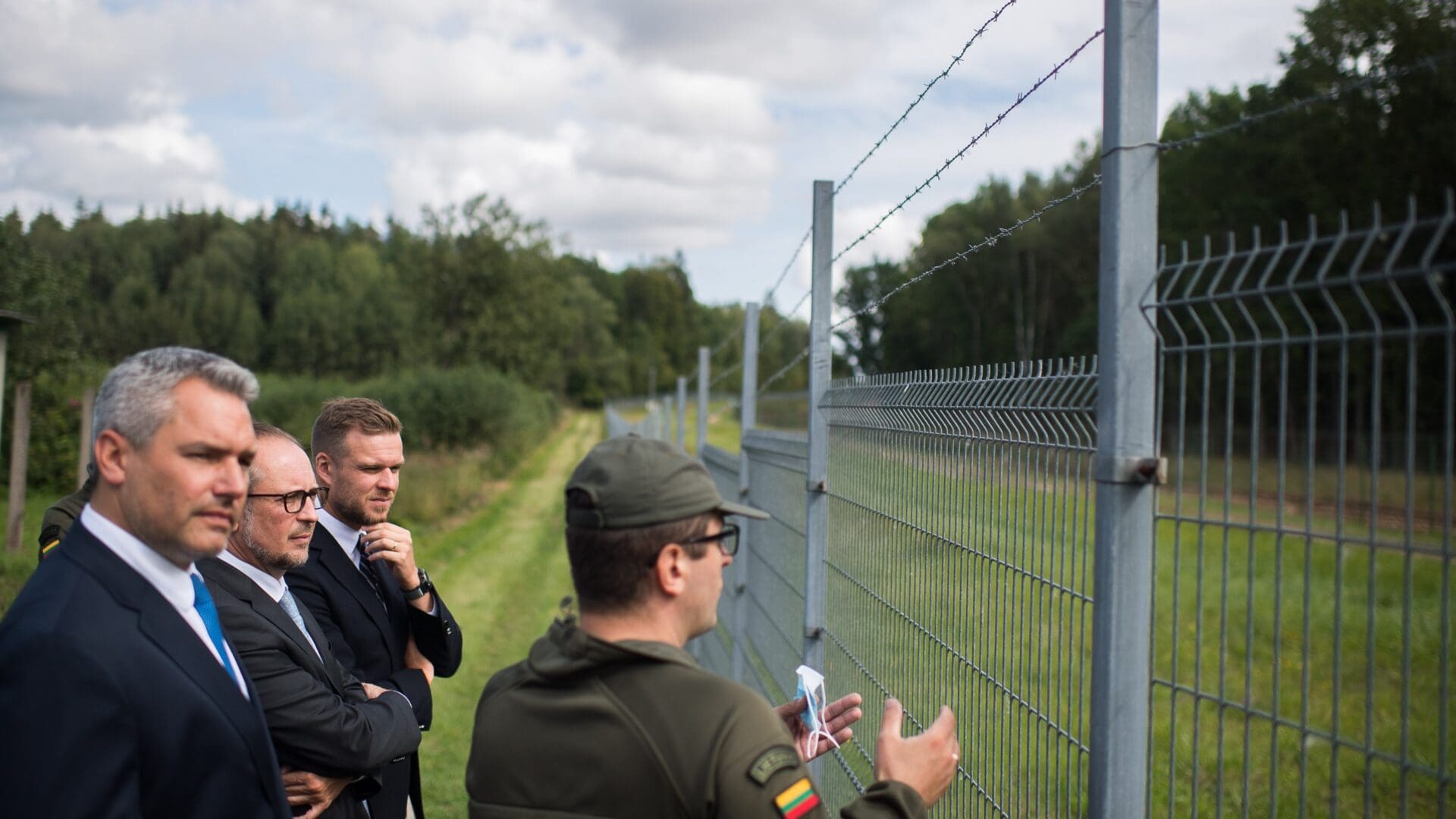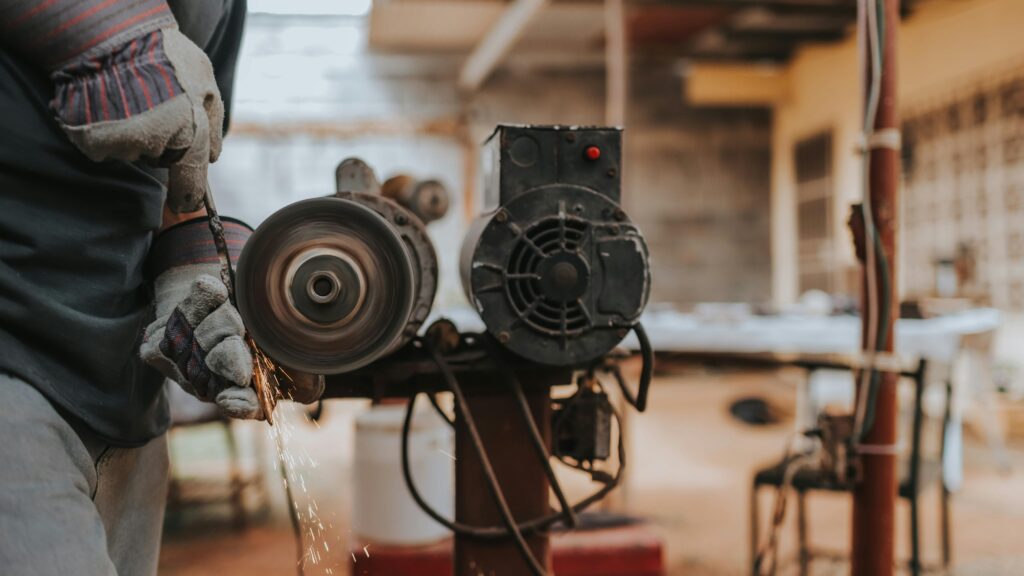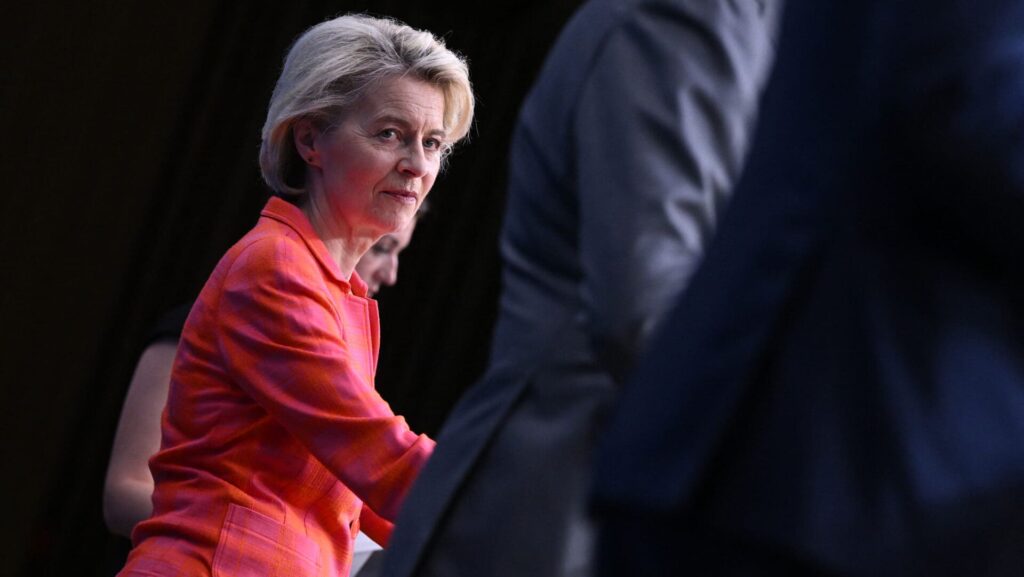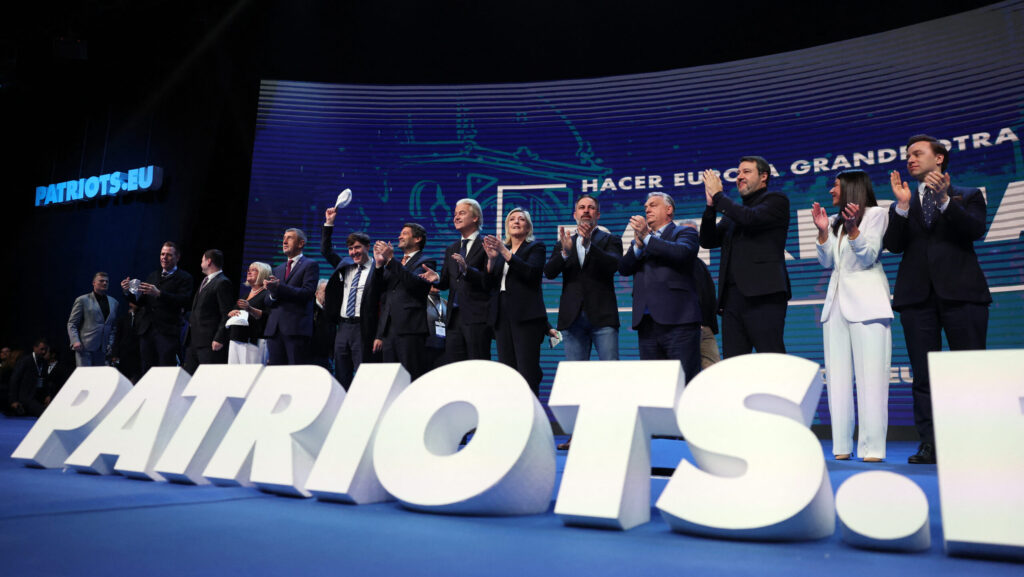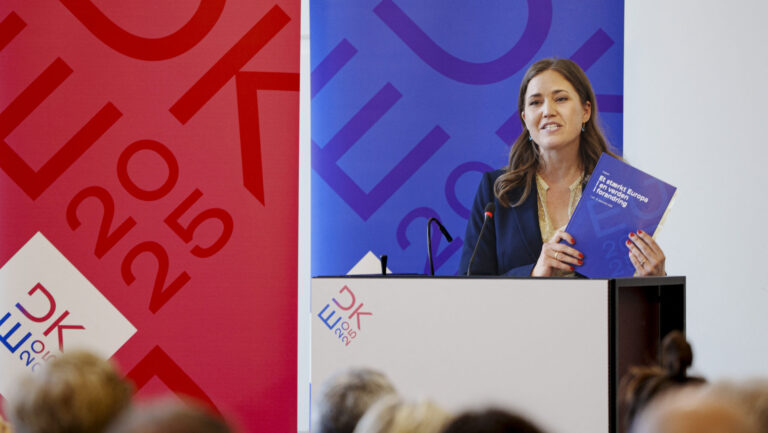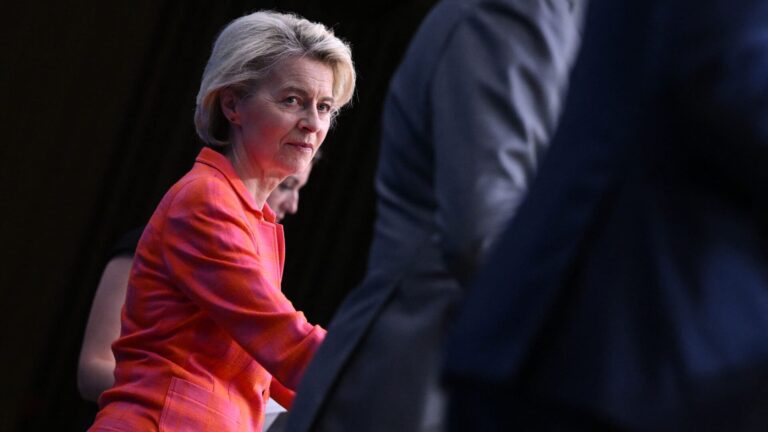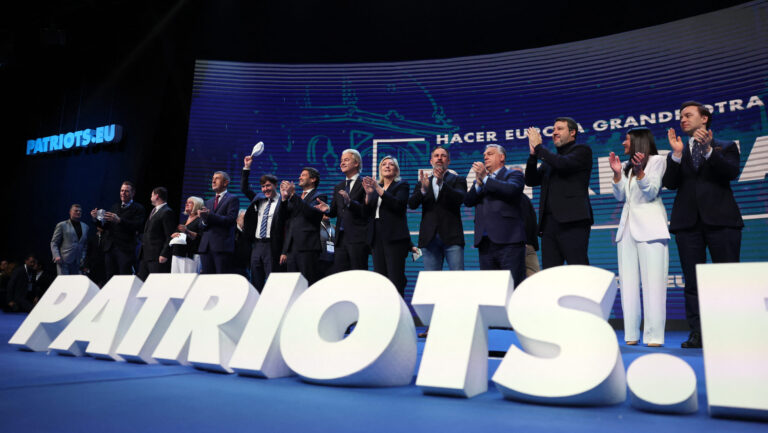In May 2022, when the traditionally neutral countries Sweden and Finland applied for NATO membership, Austria confirmed it would stick to its neutrality. To a certain extent, Austria is of course integrated into the European security landscape as a member of the European Union, and it closely cooperates with NATO as part of the Partnership for Peace programme. On the other hand, Austria had resolutely committed itself to neutrality back in 1955, when the last foreign troops left the country. Although after the end of the Cold War, Vienna did increase cooperation with NATO and joined the EU in 1995, it never fully broke its neutrality.
As a neutral country, whose population is predominantly in favour of that remaining so, Hungary’s western neighbour is not allowed to enter military alliances or have foreign military bases established on its territory. Despite the Russo-Ukrainian war, only 14 per cent of Austrians would support joining NATO. According to a May survey, the vast majority of Austrians, 75 per cent, reject the idea. 52 per cent of responders were of the opinion that, thanks to its neutrality, their country is protected from security threats. Meanwhile, 83 per cent expressed support for increasing defence cooperation with other European Union member states.
In bilateral talks held between Hungarian Minister of Defence Kristóf Szalay-Bobrovniczky and his Austrian counterpart Klaudia Tanner,
the two countries ruled out sending weapons to Ukraine.
At the same time, both countries committed themselves to continuing to provide humanitarian aid to those affected by the ongoing war, but raised the alarm about the increase in migration rates, a phenomenon that has an enormous impact on both countries—as we have reported earlier. Because both countries have clearly expressed their preference for peace, in a January op-ed, Jeffrey Sachs expressed his view that Budapest or Vienna could act as a mediator between Russia and Ukraine to start negotiations about ending the war. Indeed, back in April 2022, Chancellor Karl Nehammer was the first Western leader to meet with President Putin, quite obviously with the aim of working on de-escalating the conflict and expressing Vienna’s interest in mediating between the two sides.
In addition, while other EU countries sanctioned members of the Russian Duma, Austria will allow Moscow representatives into the country for the Organization for Security and Corporation in Europe (OSCE) summit to be held this February. When Austria announced they would give visas to members of the Russian delegation, Lithuania announced it would boycott the summit. In last year’s OSCE conferences in Poland and the UK, Russians were not allowed to attend. The summit will last for two days between 23 February and 24 February 2023, on the one-year anniversary of the conflict. Austria responded to the criticism of it allowing the participation of the Russian delegation by saying ´let us not destroy this unique platform that used to be our collective answer to the tensions of the Cold War and the deep division between East and West´, highlighting the importance of multilateral talks.
While Austria has recommitted to neutrality, it has dramatically changed some policies on two fronts in response of the invasion of Ukraine. First, it started to rearm itself. Austria plans to allocate €2.5 billion from its budget to additional defence spending in light of the Russo-Ukrainian war. The budget is mainly for upgrading Austria’s military and enhancing the country’s protection from conventional warfare. Secondly, Vienna also reduced its dependence on Russian energy. In 1968, Austria was the first Western country to reach a natural gas agreement with the USSR. As a result of its historic reliance on Moscow’s supplies, as much as 80 per cent of the country’s gas was imported from Russia before the war. Since the start of the conflict, however, the country has drastically cut its dependence on Russian gas.

